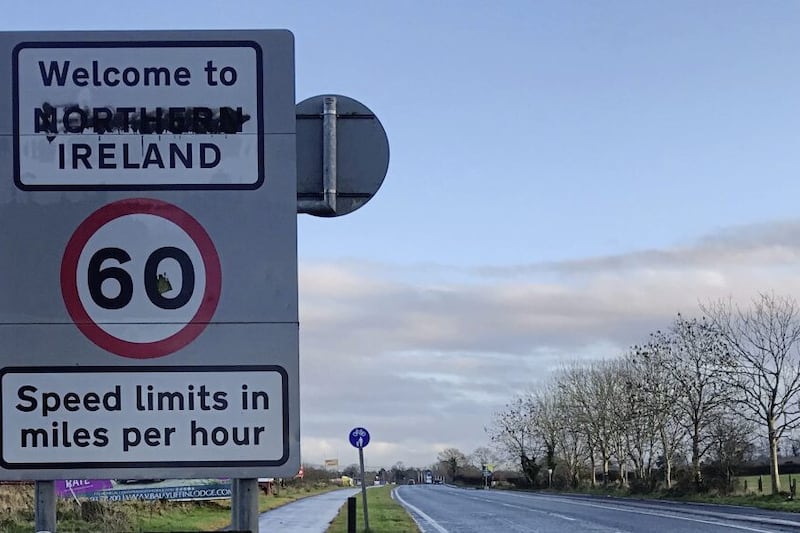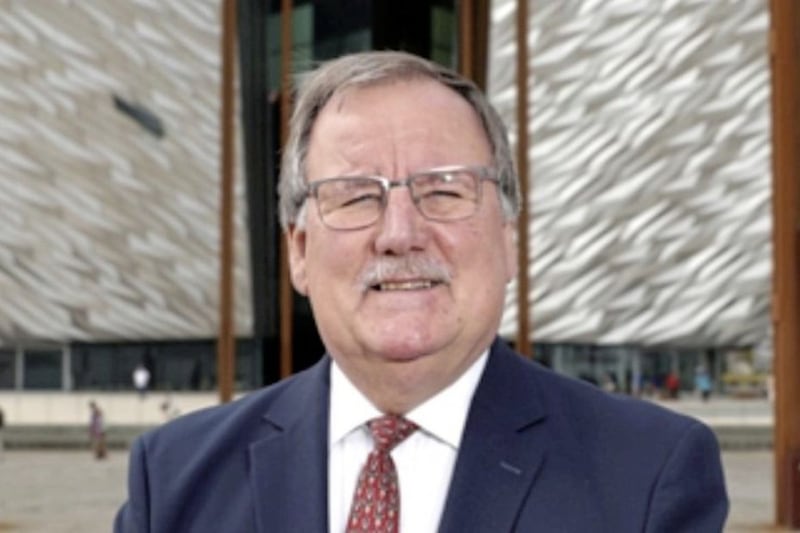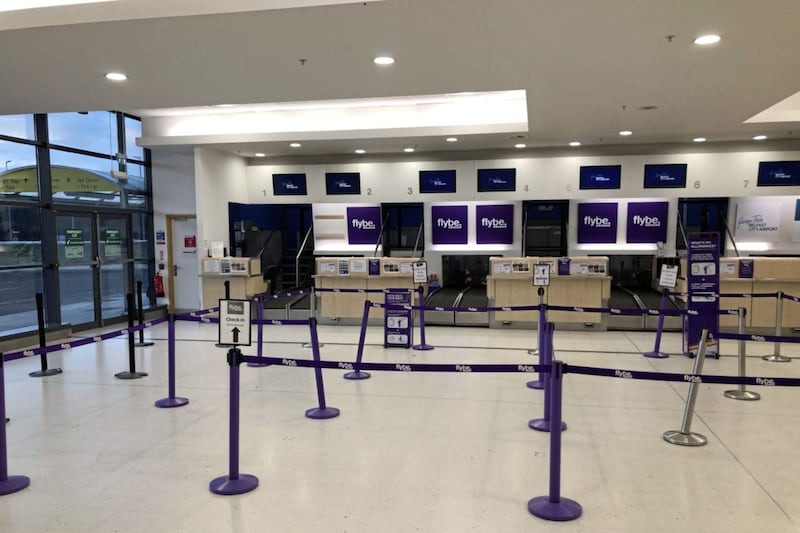THE economic impact of the north’s tourism sector contracted by around £700 million in the aftermath of the Covid-19 pandemic, a new study suggests.
Analysis carried out by Grant Thornton for the Northern Ireland Tourism Alliance (NITA), valued the economic impact of tourism at around £3 billion in 2019, supporting around 75,800 jobs in the north.
While the sector bounced back in 2021, Grant Thornton found its economic value was diminished to around £2.3bn in GVA (gross value added) terms, or around 5.1 per cent of the economy.
The total number of jobs supported was estimated at 64,700 in 2021, or around 7 per cent of the total jobs in the north’s labour market.
Crucially, the sector was still under Covid-19 restrictions in 2021, which effectively halted tourism activity for around three months.
The report was presented at the annual NITA conference at Titanic Belfast on Wednesday, where a new survey revealed staffing issues remain a major hangover from the pandemic.
Research carried out with 182 tourism firms over the summer of 2023, found one-in-three (32 per cent) reporting staffing levels were below the number they need to operate effectively.
Many employers reported issues finding staff who want to work in the industry, with other sectors seen as more attractive.
Around one-in-five (18 per cent) pointed to the end of free movement of people post-Brexit and the UK’s current migrant policies.
Read more:
- New drive to promote Derry's air connectivity to the rest of the World
- New plans to revive Caledon Arms Hotel as restaurant and brewery
- Tourism NI: 2022 was a record year for visitors from the Republic coming north
- #GFA25: Tourism visits in the north have more than doubled since 1998
While almost half of respondents said their business was ‘currently stable, with a good cash flow’, nearly a quarter of responses stated they are in consolidation mode.
Around 17 per cent said they were ‘financially fragile’, while 26 per cent said they had no cash reserves at all.
Tourism firms said the cost-of-living crisis as the biggest challenge they now face, alongside rising energy costs and diminished consumer spending power.
Nevertheless, 62 per cent said they were either ‘very’ or ‘fairly’ optimistic about their business over the next 12 months.
More than two-thirds (68 per cent) were confident at the sector’s outlook over the next year.

Chief executive of the NITA, Joanne Stuart said: “Tourism is a major part of Northern Ireland’s economy but until now we have undervalued the scale of its impact.
“For the first time we have a clearer picture of the sector’s worth, supporting 5 per cent of the economy and 7 per cent of total employment,” she said.
“There is opportunity to further grow the sector if we continue to promote Northern Ireland overseas and address issues such as the availability of talent, the VAT differential across the island of Ireland and the new UK ETA travel permit scheme which could deter international visitors.”
Judith Owens, chief executive of Titanic Belfast and NITA chair, said: “While there are challenges impeding the growth of the sector, I am encouraged by how resilient Northern Ireland tourism is.

“This positivity suggests that businesses are keen to grow. Converting this into real jobs requires continued investment by the industry in products and people and addressing strategic challenges such as skills availability.
“The sector also needs ongoing support from government to build upon the marketing successes of the past 20-years – if we don’t continue to actively promote the region visitor numbers will not be sustained.”
With international travel still down 10 per cent on pre-Covid levels and ongoing financial pressures on domestic consumers, the report suggests that increasing the number of overseas visitors will be critical for growth.
More firms reported a larger increase in international bookings (30 per cent) compared to domestic bookings (17 per cent) over the past year.
Andrew Park, Economist from Grant Thornton, said: “Our work with clients in tourism and hospitality always shows us that the sector is a vital part of the NI economy. I
“It has been a concern of ours that the sector is undervalued.
“Our analysis addresses this issue, building a far broader picture of tourism’s value to NI than is usually understood.”







